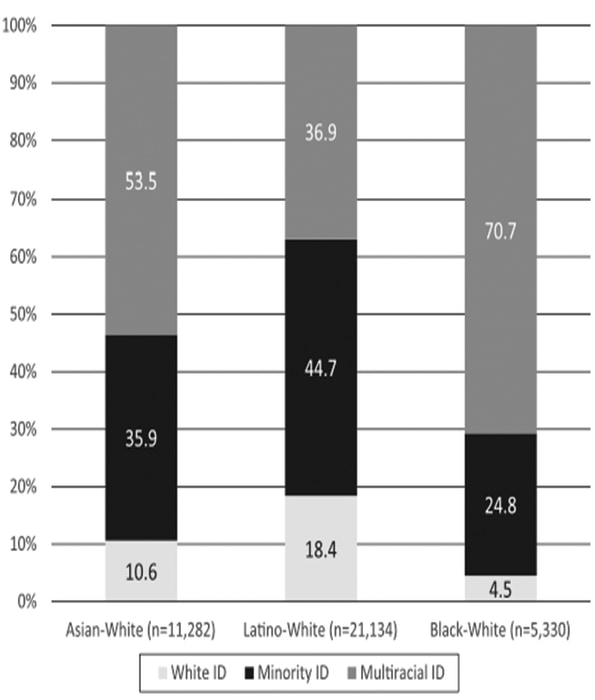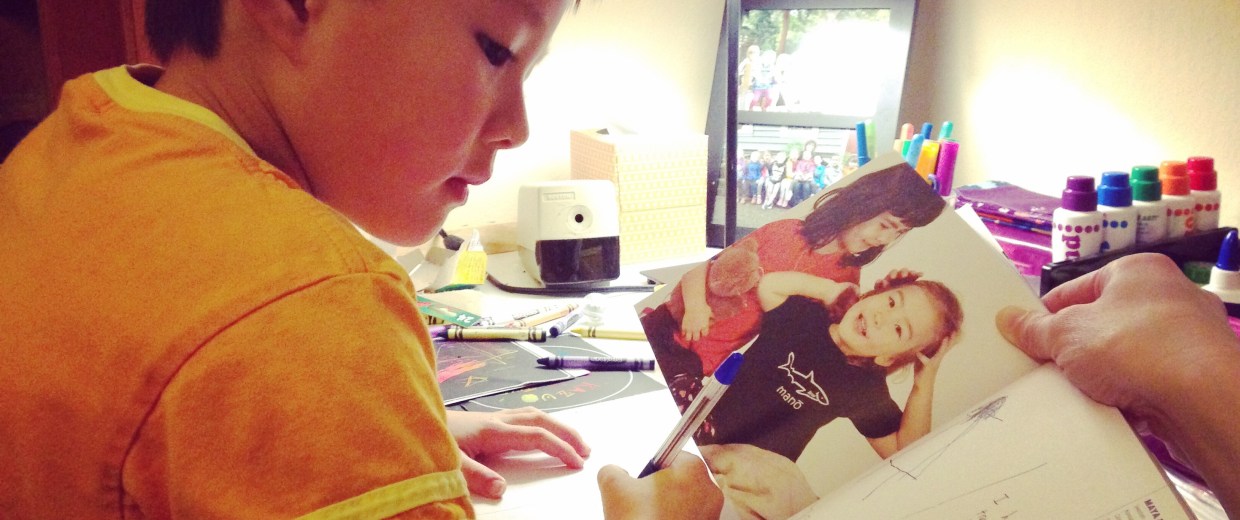New Book Confronts Colorism in 21st Century AmericaPosted in Articles, Book/Video Reviews, Family/Parenting, Media Archive, United States on 2016-12-21 19:27Z by Steven |
New Book Confronts Colorism in 21st Century America
NBC News
2016-12-21
“The Masque of Blackness” (1605) is an early Jacobean era “masque” — a popular form of 16th & 17th century amateur dramatic theatre — and is quite possibly the first instance in English literature where the topic of skin color is not only discussed, but where Blackness is cast in an unfavorable light.
Project Muse writes, “In The Masque of Blackness (1605) and its plot sequel “The Masque of Beauty” (1608), Ben Jonson represents the transformation of African people to Europeans when they travel to England from Africa.” The period in which it was commissioned and produced coincides with England’s expansion of her Atlantic journey into slavery, sugar and empire and so it ought not be underscored the role literature is enlisted to play in terms of the color hierarchy it was meant to entrain. The masque, commissioned by Anne of Denmark, queen consort of King James I, was also one of the first documented cases of “blackface” a practice so novel at the time that many of the English court found it disturbing…
…In “Same Family, Different Colors: Confronting Colorism in America’s Diverse Families,” Lori Tharps, an assistant professor of journalism at Temple University and author of “Hair Story: Untangling the Roots of Black Hair in America” and “Kinky Gazpacho: Life, Love & Spain,” Tharps gives voice to a dynamic that as she notes, “…doesn’t even exist. Not officially. It autocorrects on my computer screen. It does not appear in the dictionary. So, how does one begin to unpack a societal ill that doesn’t have a name?”…
Read the entire article here.


